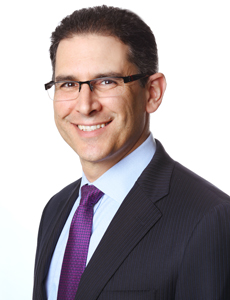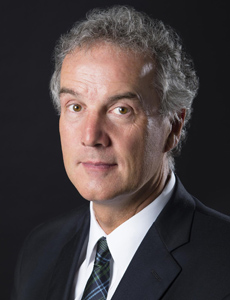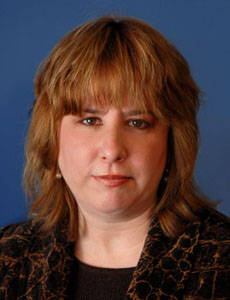Insurance Industry
Talent Crisis Remains a Challenge

For at least the past decade, many experts have been warning that the insurance industry is facing a growing talent crisis.
An increasing turnover rate combined with a wave of retirements and fewer young people coming into the business is putting more pressure on insurers to maintain a qualified workforce.
Some in the industry say the millennial generation offers untapped available talent for insurers who are willing to train new employees.
And while limited growth opportunities at many companies may contribute to turnover, fostering a culture of flexibility and stability can go a long way in encouraging employees to stick around.

Greg Jacobson, co-CEO, The Jacobson Group
According to the 2015 CompData Survey, the total turnover rate for the insurance industry is 12.2 percent. While that’s below the 16.7 percent average for all sectors, the insurance industry’s rate of turnover has been on the rise.
Greg Jacobson, co-CEO at The Jacobson Group in Chicago, said that while the insurance industry’s rate of turnover has been lower than that of the general economy, it is concerning because insurers are having difficulty replacing workers that leave.
McKinsey & Co. reports that by 2018, more than a quarter of the insurance workforce will be nearing retirement while according to the Bureau of Labor Statistics, less than a third of insurance employees are under the age of 35.
“There is a significant number of retirements and people leaving the industry that is having an impact.” — Greg Jacobson, co-CEO at The Jacobson Group
“There is a significant number of retirements and people leaving the industry that is having an impact. There’s [difficulty] in replacing people who have significant amounts of knowledge, particularly in the ranks of middle and upper management,” Jacobson said.
These changes are happening at a time when advances in technology are changing the nature of jobs in the industry.

John Belyea, chief operating officer, Moore McLean Insurance Group
John Belyea, chief operating officer at Moore McLean Insurance Group in Toronto, said the elimination of low level clerical jobs has reduced some opportunities that were suitable for recruiting and training new talent.
“Entry level” employees in the industry now need a higher skill set with a bigger premium on experience than there used to be, he said.
“Those jobs were a wonderful entry for people in the business. We always used them to bring someone in, watch them perform there, and then [move them up],” Belyea said.
Loretta Worters, vice president of communications for the Insurance Information Institute (III), said the industry is “unprepared for the tremendous talent drain.”
It is estimated that more than half of the industry workforce is age 45 or older with a quarter of them expected to retire by 2018. The III projects there will be at least 400,000 open positions in insurance by the year 2020.
“Unfortunately, young graduates and millennial employees have this view of the insurance industry that is boring. It’s rare that a young person who [earns] a business degree considers insurance.” — Loretta Worters, vice president of communications for the Insurance Information Institute
Insurance companies need to do a better job of promoting the opportunities in the industry, Worters said, especially to the millennial generation, which has the numbers to fill the void.

Loretta Worters, vice president of communications, Insurance Information Institute
“Unfortunately, young graduates and millennial employees have this view of the insurance industry that is boring. It’s rare that a young person who [earns] a business degree considers insurance,” she said.
Belyea said his organization’s focused effort to recruit millennials has been paying off because it is willing to hire individuals that lack insurance experience as long as they bring a strong work ethic and fresh attitude into the firm.
Another issue fueling turnover is that the industry is not “high growth” or “sexy,” he said.
Because insurers have relatively stable businesses, limited growth means they can’t always produce new opportunities for employees that want to climb the ladder. For many professionals, the only way to rise in the ranks is to leave the company.
Yet some companies see little turnover.
Denise Hempe, vice president and manager of human resources at FM Global, said the company hires roughly 375 people per year and has a robust succession planning process to replace retirees.
Hempe said the company has been recruiting college grads, many of which she said are very interested in companies that can offer a long career. Millennials are also especially interested in flexibility, she said.
“Offering a flexible work environment is critical and the insurance industry is well positioned to offer that kind of workplace,” she said.
Belyea said they are trying to combat the loss of employees by creating an environment where the firm not only encourages professional development but creates opportunities and promotes from within.
He said that insurers that provide superior benefits and work culture may make employees “more patient” and willing to wait on advancement opportunities even when they’re currently not available.
“The little things you do can have an enormous impact on turnover because if they’re happy, they may be more willing to wait for that opportunity to come around,” Belyea said.










